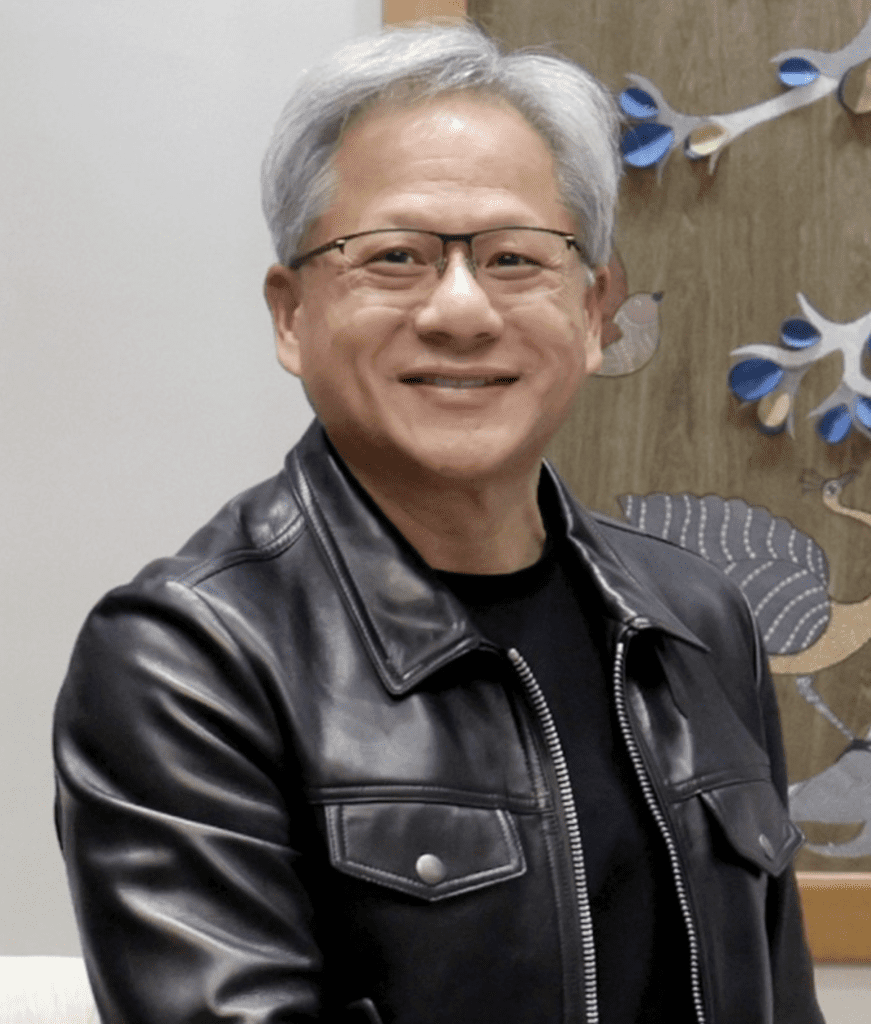Generative AI Advances Could Render Traditional Programming Obsolete
- AI’s Impact on Coding: Nvidia’s CEO suggests that the rise of AI could make coding a redundant career.
- Alternative Fields Recommended: Professionals are advised to shift focus to biology, education, manufacturing, and other sectors.
- Generative AI Capabilities: Tools like ChatGPT and Microsoft Copilot demonstrate significant potential in software development, hinting at a future where human programmers are less necessary.
At the World Government Summit in Dubai, Nvidia CEO Jensen Huang delivered a provocative statement: the career of coding may soon be obsolete due to the rapid advancements in artificial intelligence (AI). He emphasized that generative AI technologies, which are progressing at an unprecedented rate, could eventually eliminate the need for traditional programming altogether. Instead, Huang recommends that aspiring tech professionals consider careers in fields such as biology, education, manufacturing, and farming.

AI’s Impact on Coding
Jensen Huang’s remarks highlight a potential paradigm shift in the tech industry. With AI tools like ChatGPT and Microsoft Copilot showcasing remarkable abilities in software development, the traditional role of a coder is being questioned. These AI systems can generate code from natural language inputs, perform complex programming tasks in minutes, and even develop entire software applications.
Huang envisions a future where AI can understand and execute programming commands given in plain human language. “It is our job to create computing technology such that nobody has to program. And that the programming language is human; everybody in the world is now a programmer. This is the miracle of artificial intelligence,” Huang stated. This vision suggests a future where the barrier to entry for creating software is significantly lowered, potentially democratizing software development but also threatening traditional coding jobs.
Alternative Fields Recommended
Given the potential redundancy of coding as a career, Huang advises professionals and aspiring tech enthusiasts to pivot towards other sectors. He suggests that fields like biology, education, manufacturing, and farming are less likely to be disrupted by AI in the near future and may offer more stable career opportunities.
Moreover, Huang acknowledges that while coding might not entirely disappear, the nature of the job will change. Upskilling and learning how to work with AI systems will be crucial. Understanding when and where to apply AI programming will become an essential skill set for tech professionals, ensuring they remain relevant in an AI-dominated landscape.
Generative AI Capabilities
The capabilities of generative AI are already transforming various industries. GitHub recently introduced GitHub Copilot Enterprise, an AI assistant that helps users generate code suggestions, answer queries, and summarize changes based on an organization’s internal code and knowledge base. This service, available for a monthly subscription, is an example of how AI can augment and, in some cases, replace traditional coding roles.
The rapid advancement of AI tools has not been without controversy. Concerns about job security, privacy, and the ethical use of AI are widespread. The ability of AI to perform tasks traditionally done by humans, such as graphic design, architecture, and now coding, raises important questions about the future workforce.
The acceleration of AI development is creating a ripple effect across various industries. Tools like ChatGPT and Microsoft Copilot leverage the latest language models to perform complex tasks that previously required human intelligence. This technological leap is both exciting and alarming, as it challenges the traditional roles and skills that many professionals have relied upon.
ChatGPT and Microsoft Copilot have demonstrated the ability to develop software in minutes, generate free Windows keys, and handle natural language processing tasks with increasing sophistication. These advancements suggest that AI could eventually handle programming tasks more efficiently than human coders, potentially rendering the profession redundant.
Alternative Careers: As AI continues to evolve, Huang recommends that individuals consider careers in sectors less likely to be affected by AI. Fields such as biology, education, manufacturing, and farming still require human expertise and are not as easily automated. Upskilling to include AI knowledge will also be crucial for those wishing to stay relevant in the tech industry.
Generative AI in Action: The introduction of AI tools like GitHub Copilot Enterprise is just the beginning. These tools are designed to make coding more accessible and efficient, but they also highlight the potential for AI to take over many aspects of software development. As AI becomes more capable, the demand for traditional coding skills may diminish, replaced by the need for skills in managing and working alongside AI systems.
Nvidia CEO Jensen Huang’s prediction about the potential end of coding as a career underscores the transformative impact of AI on the tech industry. While generative AI offers unprecedented opportunities for efficiency and creativity, it also poses significant challenges for traditional job roles. Professionals must adapt by acquiring new skills and exploring alternative career paths to stay relevant in an increasingly AI-driven world. As AI continues to evolve, the tech landscape will likely see further shifts, making it essential for individuals and organizations to stay informed and prepared for the changes ahead.
